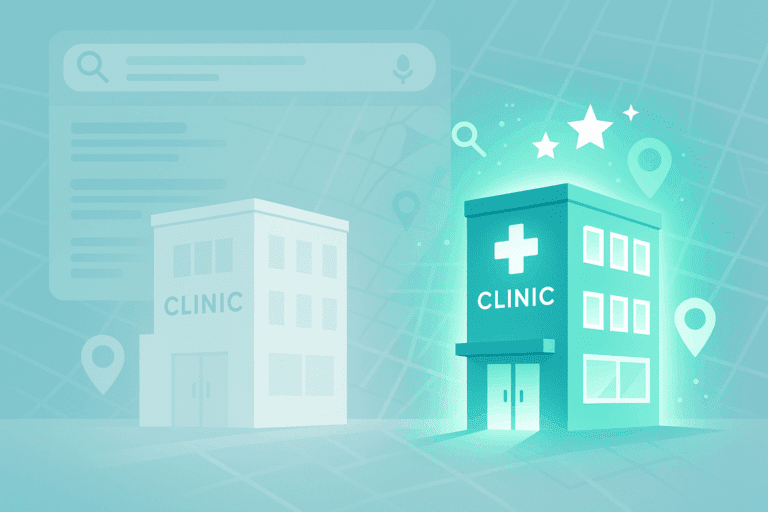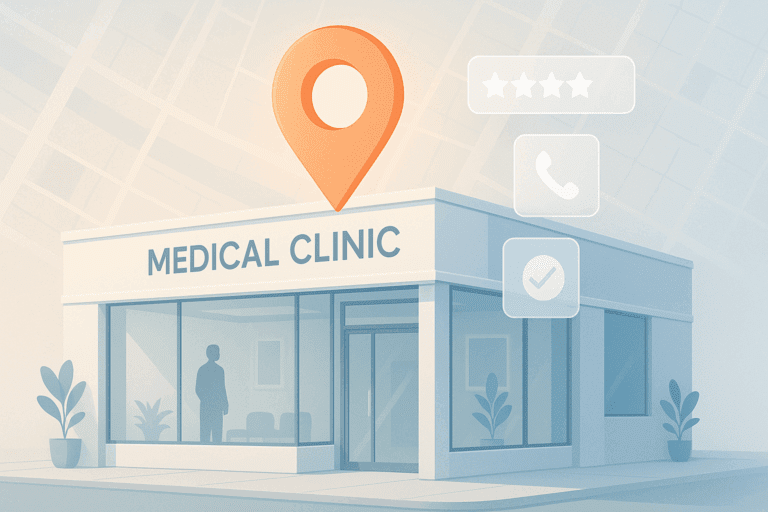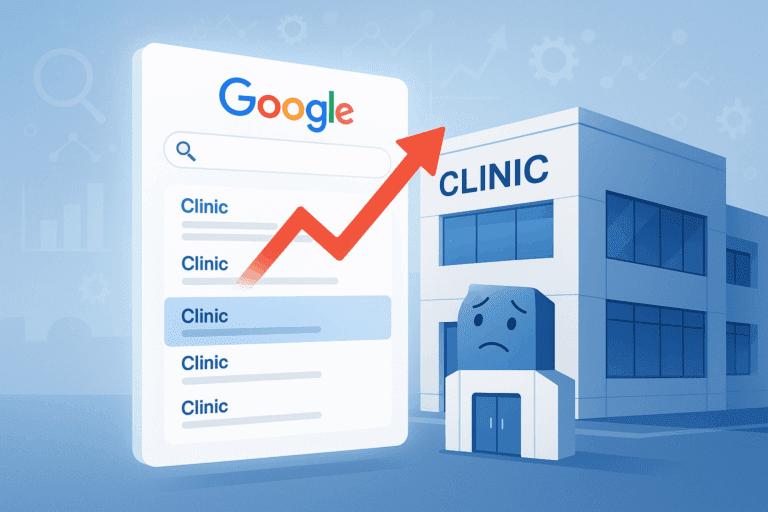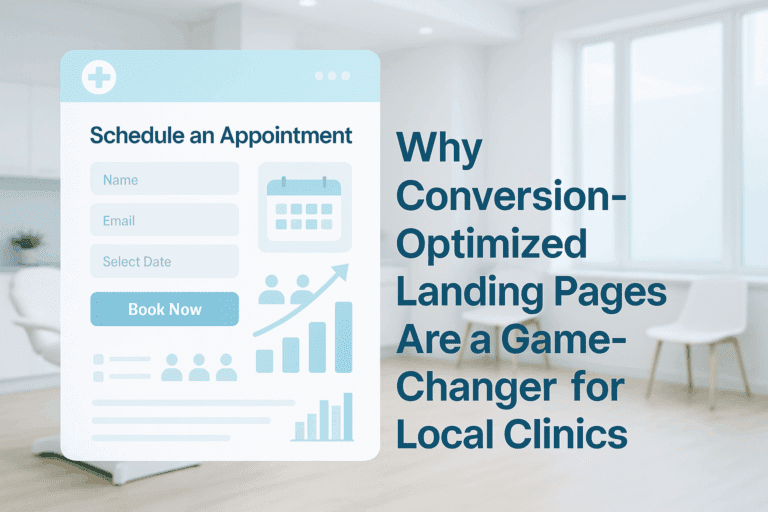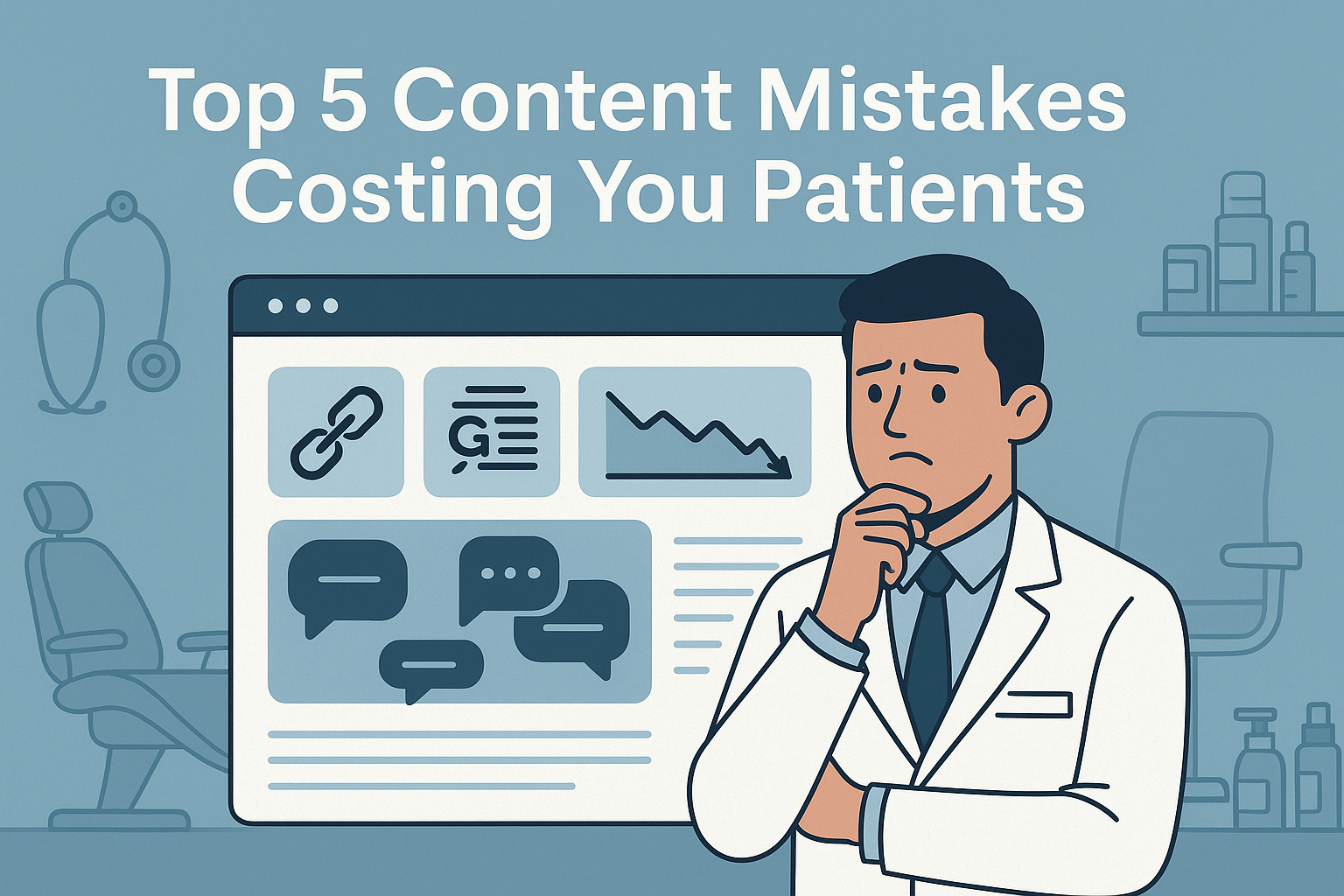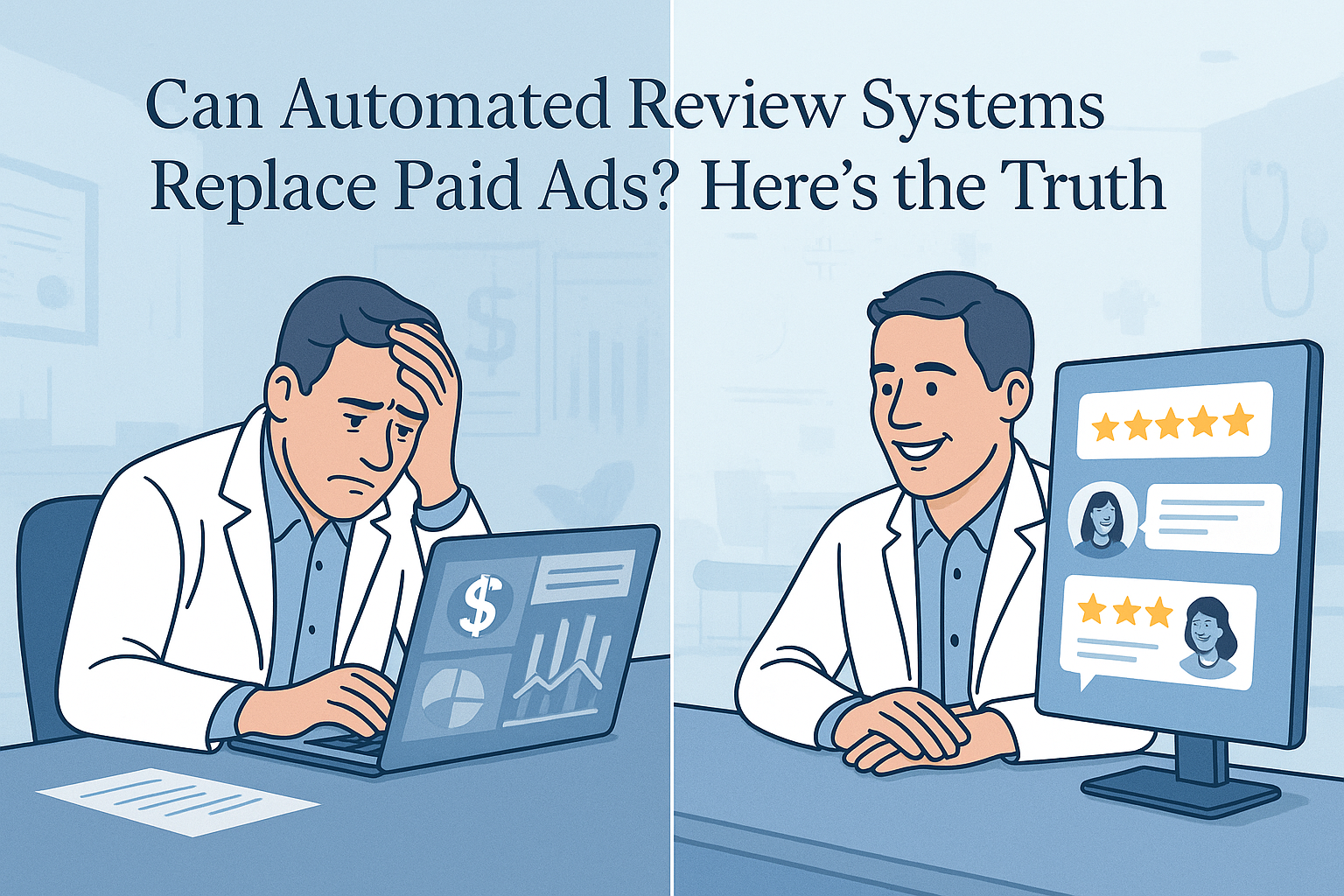How to Become The Go-To Provider in Your City (Without Paid Ads)
The Patient Magnet Blueprint for Doctors, Dentists, and Medspa Owners What if patients chased you instead of the other way around? Most practice owners believe getting noticed means throwing money at ads and hoping something sticks. But what if there were a smarter, more sustainable way to earn trust, fill your calendar, and dominate your…


